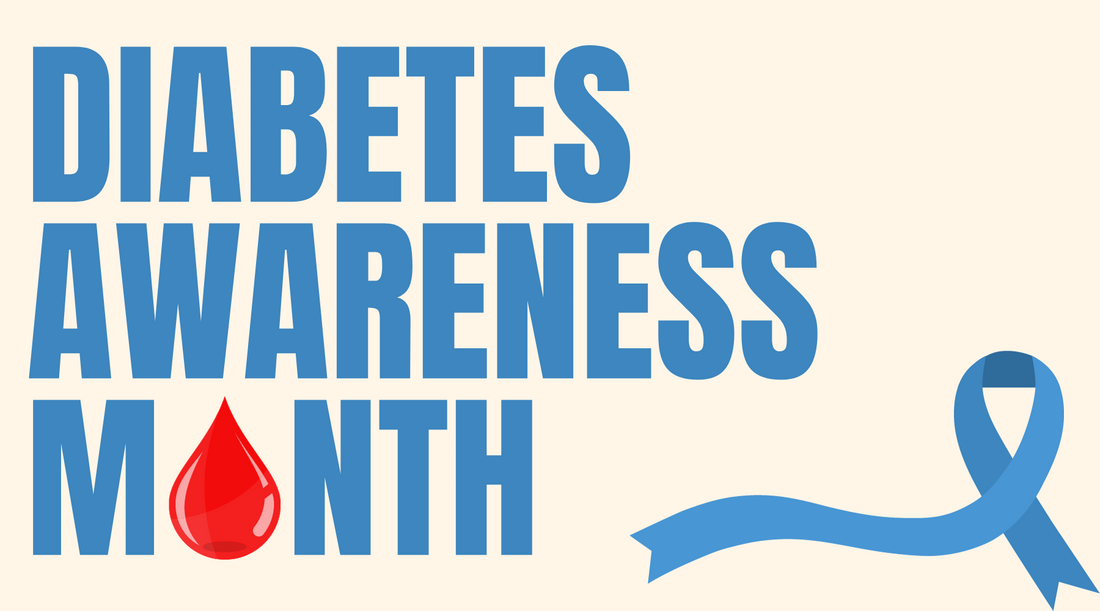In observance of Diabetes Awareness Month, we at Spreadly invite you to explore how making informed dietary choices can contribute to better health and diabetes prevention. With millions diagnosed with diabetes each year, this month serves as a vital time to reflect on the impact of our food choices.
The overconsumption of processed sugars is a key factor in the rise of diabetes and other health issues. These sugars, often hidden in various food items, not only lead to weight gain but also significantly raise the risk of chronic conditions like diabetes and heart disease. It's critical to be mindful of our consumption and the ingredients in our diet.
Honey stands out as a superior alternative to processed sugar. This natural sweetener is rich in vitamins, antioxidants, and minerals, offering more than just sweetness. For those with diabetes, using honey in moderation can provide a safer option.
Spreadly embodies this philosophy of health and wellness. We've committed to avoiding processed sugars, instead embracing the natural sweetness of honey in our products. Our keto peanut butter, with no added sweeteners, represents our dedication to pure, wholesome goodness, ideal for anyone seeking a no-sugar option.
Dietary balance is crucial, and simple substitutions can make a significant difference. Try Spreadly's keto peanut butter instead of the usual sugar-filled jars. Or choose any of our honey-sweetened spreads for a healthier yet delicious alternative.
Awareness leads to positive change. By understanding the implications of our food choices, we safeguard our health and promote a healthier society. This Diabetes Awareness Month, let’s make a pledge to be more informed, choose healthier options, and encourage others to do the same.
Diabetes Awareness Month is a call to action—an invitation to embrace options like Spreadly that prioritize health. Join us in championing a healthier lifestyle, this month and beyond, by making choices that benefit our bodies and communities.

